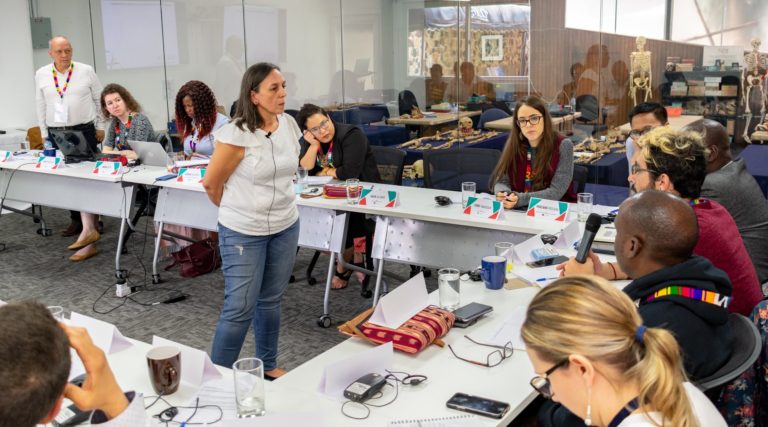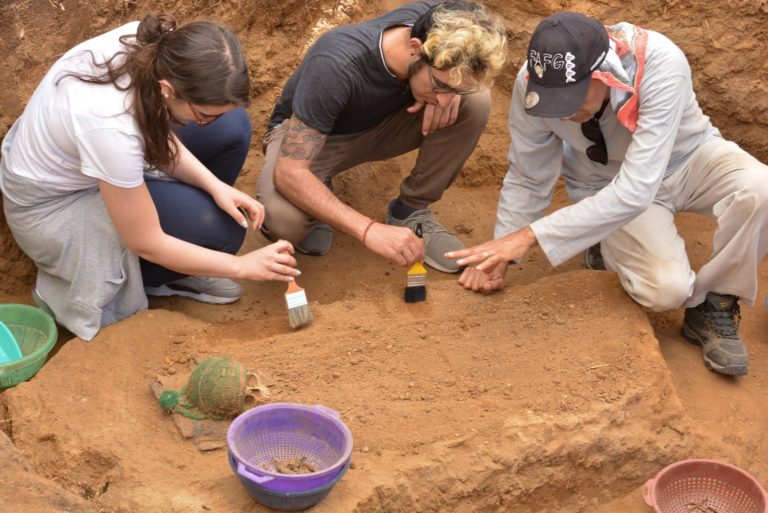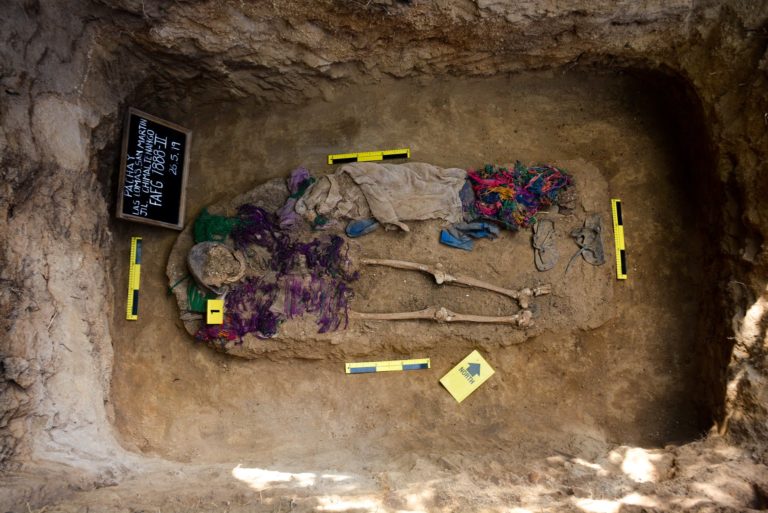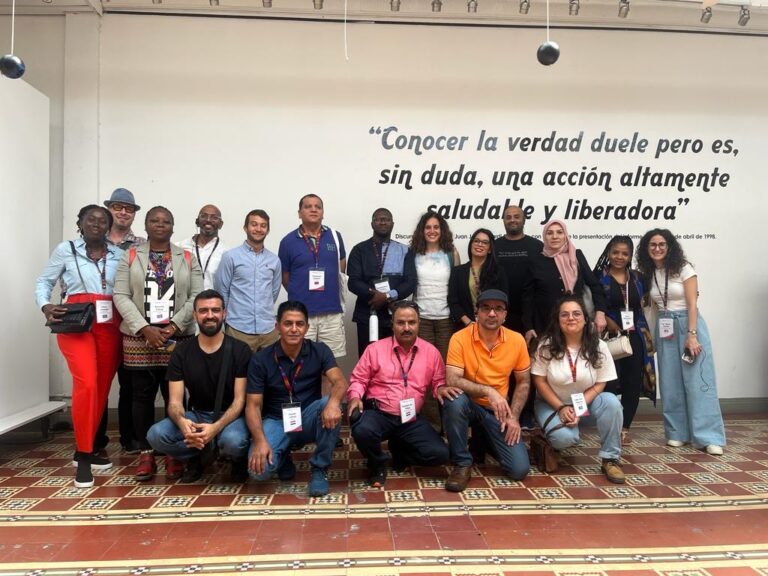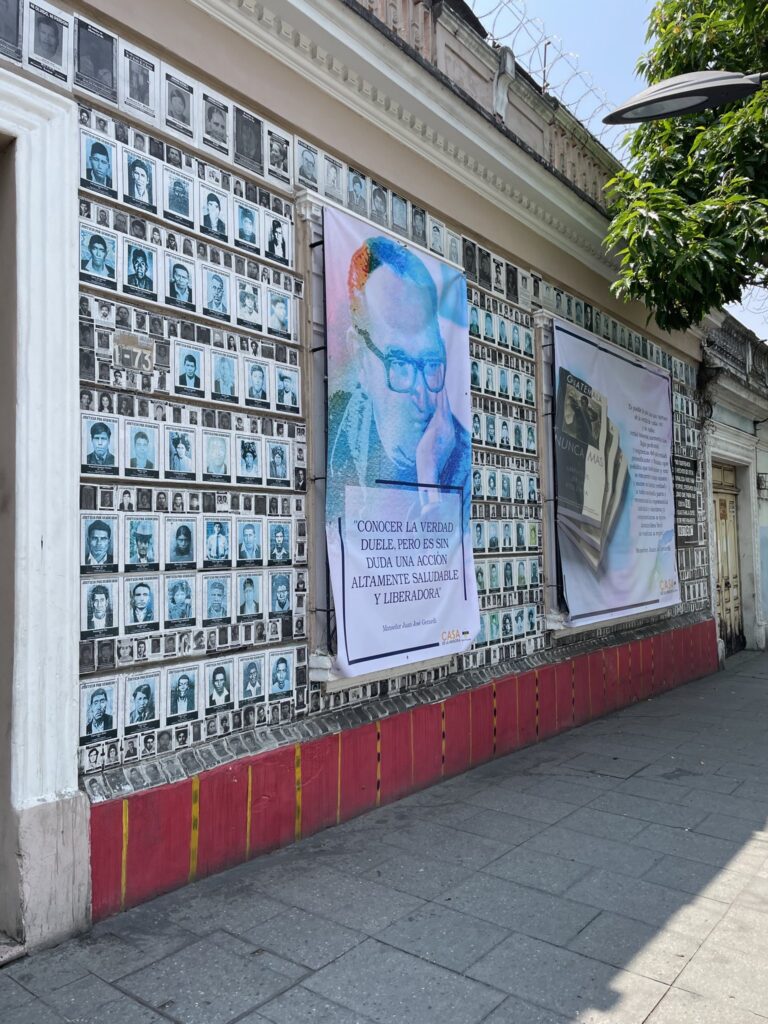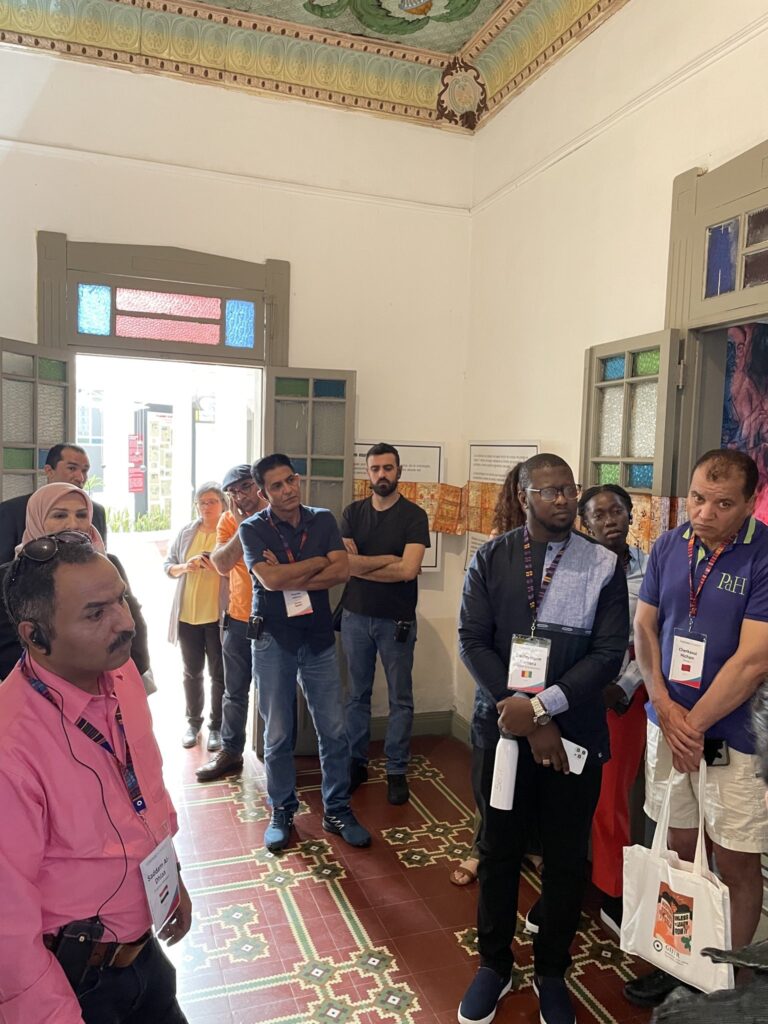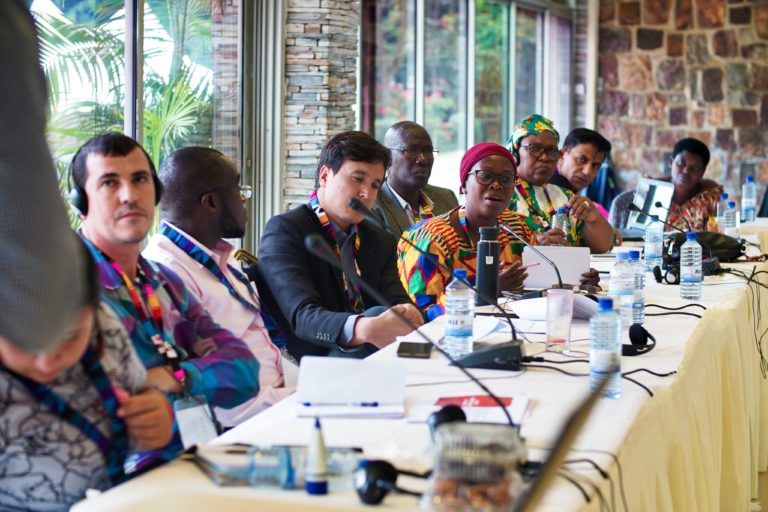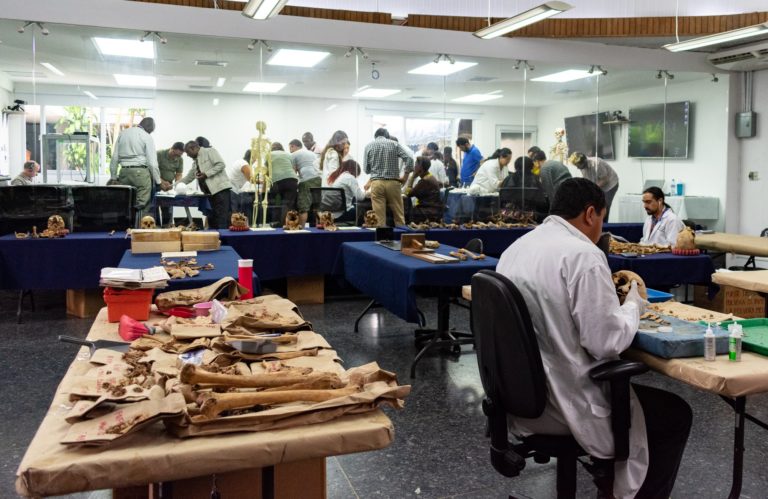Forensic Academy
The aim of the Forensic Academy is to bring together GIJTR partners and international participants working in diverse conflict and post-conflict settings to promote an exchange of experiences with a range of stakeholders, including technical forensics experts, family members, prosecutors, and legal and psychosocial accompaniment. GIJTR partners are undertaking a series of activities that aim to empower a group of activists, academics and practitioners to design and implement holistic forensic investigations and support programs for families of the disappeared in their countries, based on their understanding of their local context.
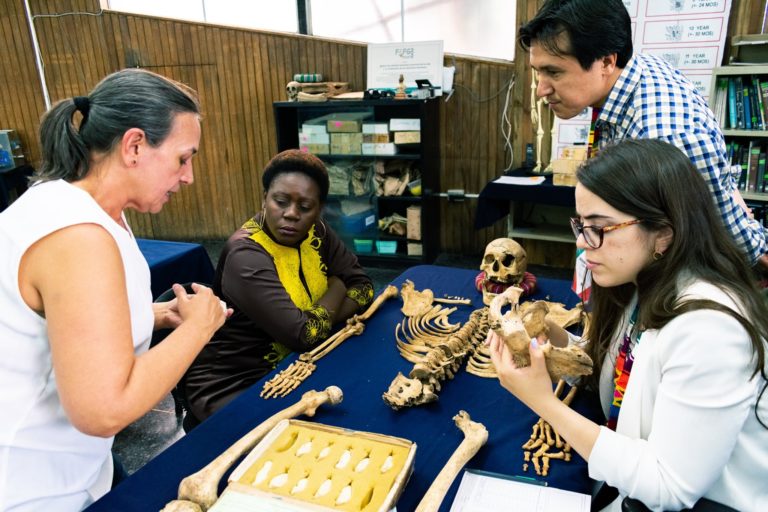
Context
Addressing unlawful deaths such as enforced disappearances, massacres and extrajudicial killings is vital to rebuilding post-conflict societies that respect the rule of law and human rights. Investigations related to the recovery, analysis and identification of the remains of victims, particularly through forensics, also serve as a means to facilitate families’ rights to truth and justice, assist in holding perpetrators accountable, support truth-telling mechanisms and contribute to long-term peace and reconciliation processes. However, for many countries in Africa, Asia and the Middle East and North Africa (MENA) region, there are limited resources to support the development of forensic expertise or to address investigations into unlawful deaths in a way that responds to the needs of the families of victims, let alone holds perpetrators accountable – two limitations that this project seeks to address.
Project Details
The Global Initiative for Justice, Truth and Reconciliation facilitates a multidisciplinary Forensic Academy that supports and builds the technical capacity of CSO representatives in the area of forensics investigations as well as provides a holistic framework for supporting and meeting the specific needs of families of victims. In considering diverse local needs and the importance of providing context-specific training, the Forensic Academy (the Academy) applies international best practices, rooted in the local experience of partners and participants. Based on the Guatemalan experience and drawing on GIJTR partner FAFG’s forensic capacity built over 25 years, and supported by the international expertise of the International Coalition of Sites of Conscience and the Centre for the Study of Violence, the Academy provides a learning platform for participants and partners to share experiences and best practices on using forensics, psycho-social support and community memorialization and truth-telling activities to support families’ search for their disappeared loved ones as well as contribute to their remedy and redress. Additionally, it plays an important role in bolstering knowledge-sharing and building local capacity across regions, particularly for participants from countries in the global South who are struggling with unaddressed human rights violations or currently in transitional justice processes. The Academy also prioritizes an integrated focus on efforts to uphold the rights and needs of victims and their families in truth – and justice-seeking processes, including lessons learned and best practices on forensic investigations in accountability and reparations processes.
Since 2019, there have been five Academy cohorts, consisting of 15-20 participants each. Through in-person practical training sessions, sub-grants, technical support and the use of developed virtual training materials, all participants have deepened their knowledge of the forensic sciences to locate and identify the disappeared, with a strong focus on developing participatory and holistic interventions. The Forensic Academy also bolsters knowledge-sharing and supports local capacity across regions, particularly for participants from countries in the Global South who are often front-line defenders working to document human right violations and advance ongoing transitional justice processes.
Project Objectives
Increase the capacity of those activists and practitioners in the global South in the area of forensics investigations
Increase South-based activists’, academics’ and practitioners’ knowledge of forensics tools to locate and identify the disappeared, with a focus on participatory and holistic interventions.
Establish and support a community-driven network
Establish and support a community-driven network of global South-based activists, academics and practitioners working on issues related to disappeared persons.
Support community-based projects
Support fifteen participants per cohort to undertake community-based projects related to disappeared persons.
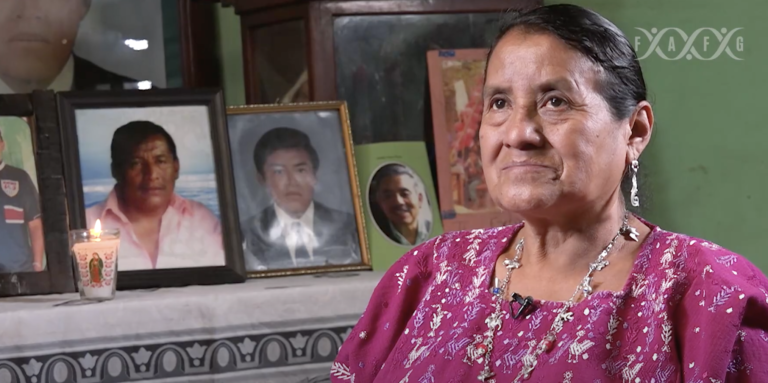
María Luisa's Story
GIJTR Partner, the Forensic Anthropology Foundation of Guatemala, shares the story of María Luisa, a survivor of the armed conflict in Guatemala, who worked with the organization in the search for her Disappeared loved one.

